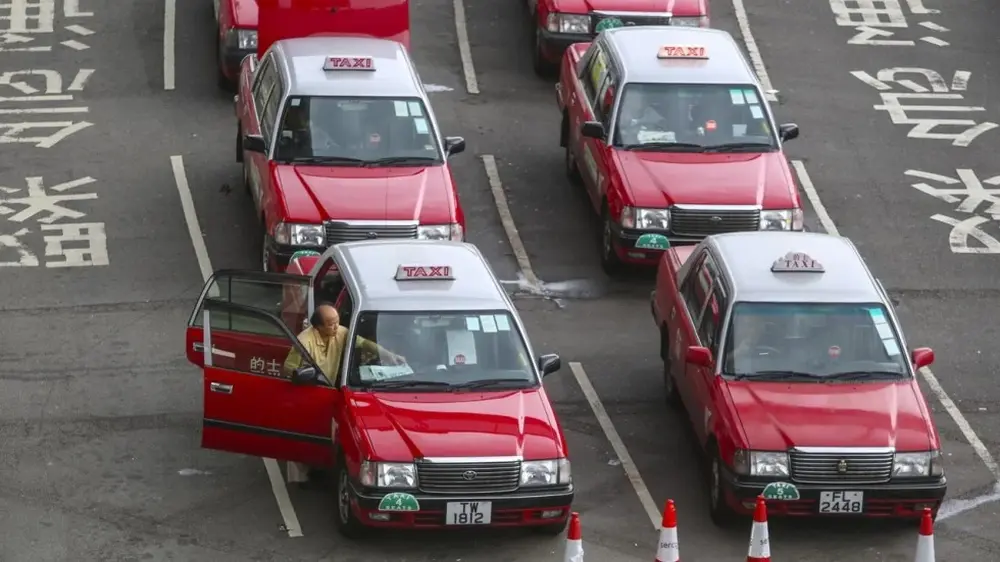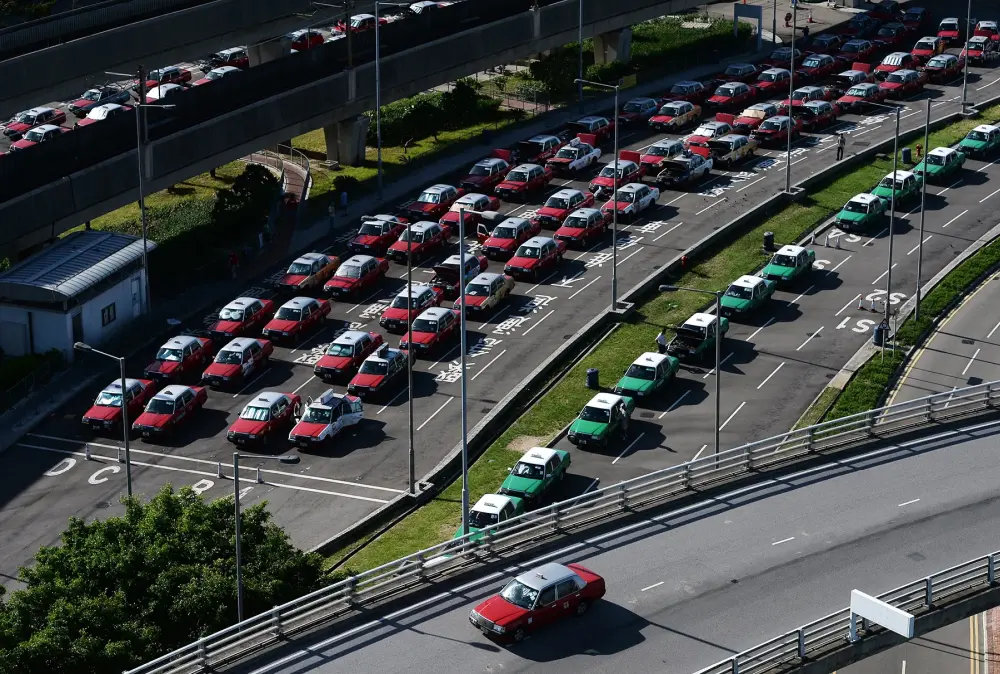In a significant development for Hong Kong’s transportation sector, Uber has announced a major shift in its operational strategy. The company, which has faced legal and regulatory challenges since its launch in the city, is now partnering with taxi operators to offer a hybrid service. This move comes as a response to ongoing government crackdowns on ride-sharing services that operate outside traditional taxi regulations. By integrating licensed taxis into its platform, Uber aims to provide a seamless experience for users while adhering to local laws.

This collaboration marks a pivotal change in the dynamics of ride-hailing in Hong Kong. Traditional taxi drivers, who have long viewed Uber as a threat to their livelihood, are now seeing an opportunity to benefit from the technology and customer base that Uber brings. The partnership is expected to enhance service quality and reliability, offering riders more options and reducing wait times. For Uber, this hybrid model could serve as a blueprint for navigating regulatory landscapes in other markets with similar challenges.

Hong Kong’s government has been stringent about maintaining regulatory oversight on ride-hailing services to ensure passenger safety and fair competition. The introduction of this new service model indicates a potential shift towards more flexible regulatory approaches, balancing innovation with traditional industry protections. If successful, this could pave the way for more collaborative efforts between ride-sharing companies and local governments, fostering an environment where innovation can thrive without compromising regulatory standards.

The integration of Uber with the local taxi network is a testament to the evolving nature of urban mobility. As cities worldwide grapple with the complexities of modern transportation needs, Hong Kong’s approach could offer valuable insights. By leveraging technology to enhance traditional services, Uber and the city’s taxi operators are setting a precedent that could influence future policies and partnerships globally. This development underscores the importance of adaptability and cooperation in the ever-changing landscape of urban transportation.

